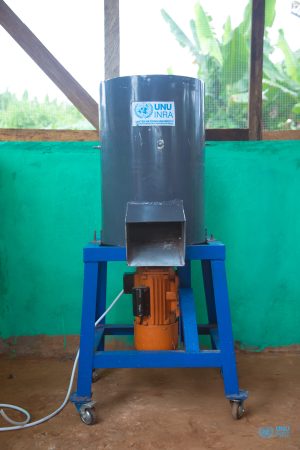
The United Nations University Institute for Natural Resources in Africa (UNU-INRA) has piloted a series of clean technology solutions designed by young innovators to tackle the challenges faced by smallholder women farmers at Namesi in the Yilo Krobo District in the Eastern region.
The pilot project, under UNU-INRA’s Innovate for Clean Agricultural Technologies (INFoCAT) initiative, aims to boost farm productivity, provide clean energy, reduce hard manual labour, and support climate resilience.
The event, held on 26 August 2025, enabled young innovators to test their inventions and train local women on how to use them.
It brought together key leaders to discuss how to expand these solutions across the country.
As part of the Project, a DAS Portable Prefab Biogas Plant has been installed to support clean energy and sustainable gari processing.
The CEO of DAS Biogas Construction Ltd, Enoch Kofi Boadu, in an interview with media, explained how the biogas system installed at the site works.
“The plant uses cassava peels and wastewater to produce biogas. This biogas is used for clean cooking and electricity generation. It is connected to a solar system to ensure power is available when sunlight is low. The system also produces bio-fertilizer for farms, which helps crops grow better.
“The technology cuts energy costs, improves cleanliness, and protects women’s health by reducing smoke from firewood. Additionally, it as a circular economy solution that turns waste into valuable resources,” Boadu said.

He thanked UNU-INRA and its partners for supporting the project, which promotes sustainable energy and protects the environment.
Dr. Ferdinand Tornyie, a research fellow at UNU-INRA and the coordinator of the INFoCAT project, in a post-event media engagement noted that the effort is funded by Canada’s IDRC and runs in Ghana, Senegal, and Côte d’Ivoire.
“The project began by studying the problems women face in farming and processing crops- especially the heavy use of physical effort and lack of affordable energy.
“We asked young innovators- both men and women- to design solutions to these challenges. We gave them funding and technical support to build their ideas,” Dr. Tornyie said.
According to him the pilot allowed farmers to try the tools and give feedback so the designs can be improved.
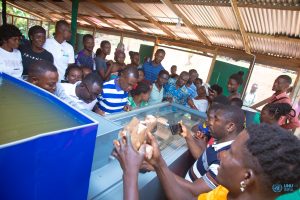
Also, he stressed that the goal is to create jobs for young people and better tools for women farmers. “We can empower our youth to build green solutions right here. They understand local problems better,” he said.
Moreover, he noted that the project will measure how these technologies improve productivity and use the findings to advise government policies.
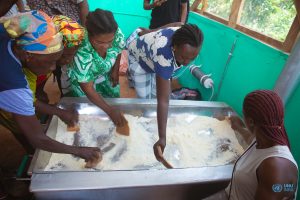
Member of Parliament for Yilo Krobo Consistuency, and the event’s special guest- Hon. Albert Tetteh Nyakotey, lauded the new solar-powered gari processing factory and said it will help reduce poverty. “It will put money in the pockets of our women,” he said.
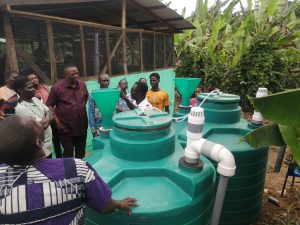
He promised ongoing support and said he wants to see more facilities like this across the constituency.
The pilot at Namesi is a key step toward introducing practical, clean technologies that benefit farmers, create jobs, and support eco-friendly growth in rural communities.
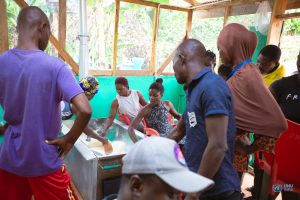
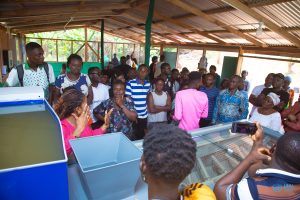
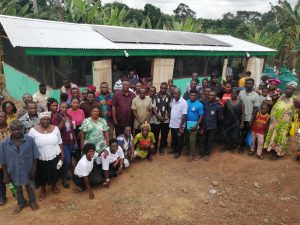
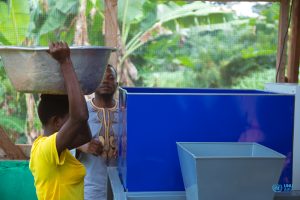
The post UNU-INRA pilots youth-designed clean tech for women farmers appeared first on The Business & Financial Times.
Read Full Story


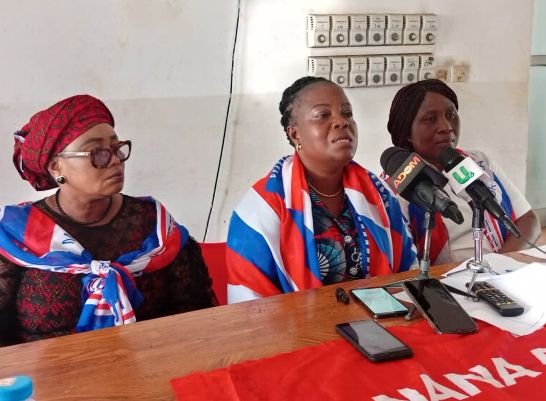

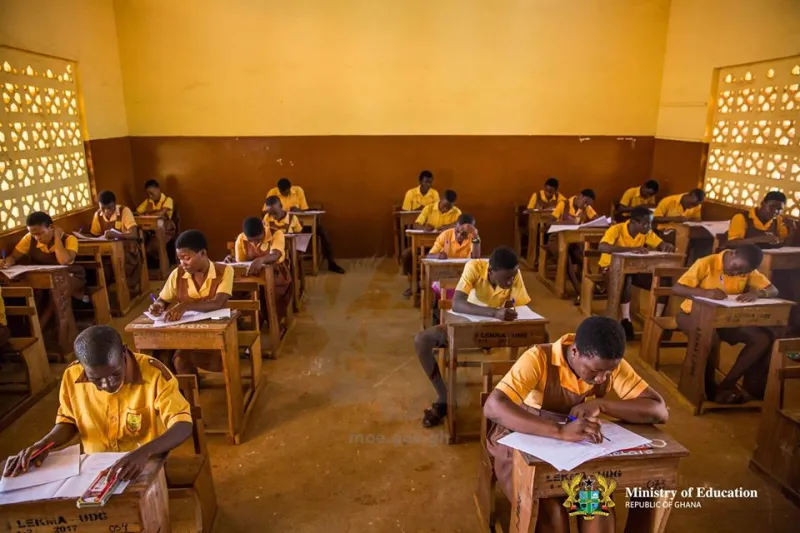






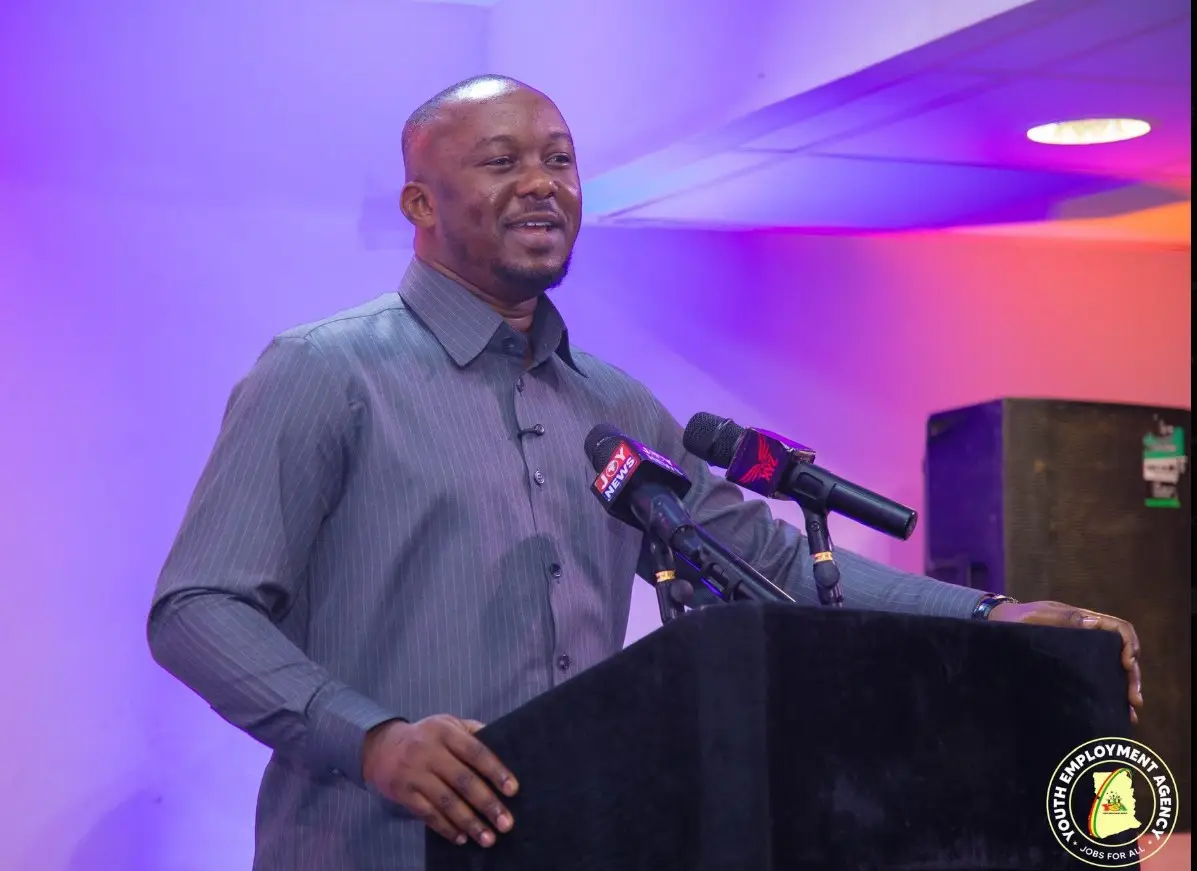




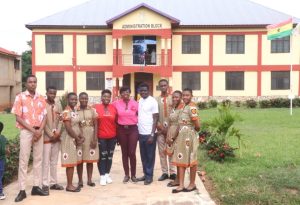

Facebook
Twitter
Pinterest
Instagram
Google+
YouTube
LinkedIn
RSS